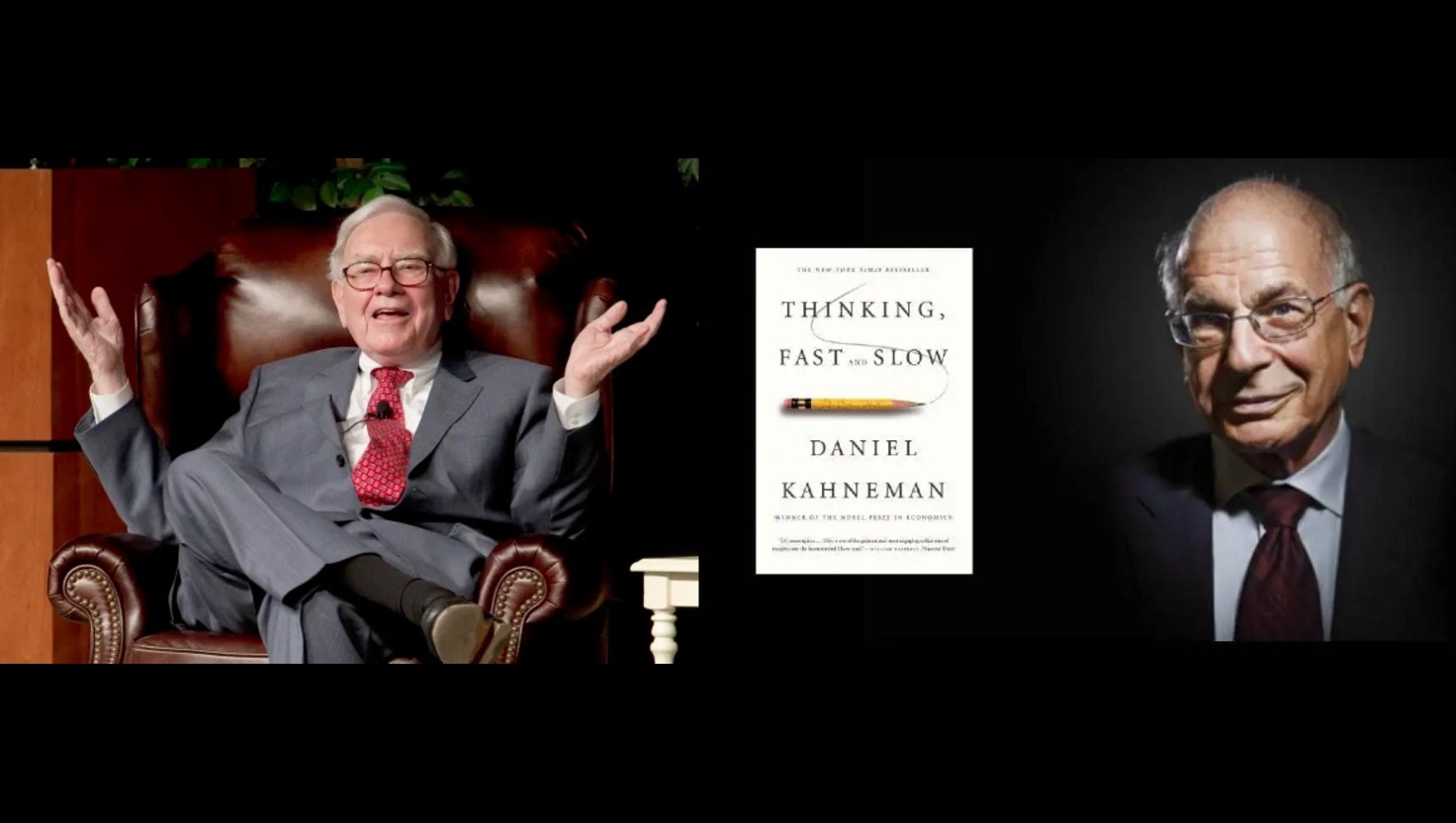What killed Daniel Kahneman, the author of arguably the most popular book on decision-making, ‘Thinking Fast and Slow’?
It turned out, his own decision!
Most people heard about the passing of one of the greatest thinking minds last year when the Nobel laureate passed away at 90.
But, until now, only a handful of people knew what lead to it.
A recent Wall Street Journal article reveals his death was by choice!
A planned assisted suicide in Switzerland after carefully saying goodbye to loved ones.
As someone who’s spent a lot of time studying Kahneman’s work on decision-making, I find myself deeply contemplating his final choice.
Kahneman popularized the System 1 and System 2 thinking, which you now hear thrown around in everyday business conversations like ‘synergy’ in a 1990s boardroom meeting.
The man who taught us about cognitive biases, the peak-end rule, and the importance of taking the “outside view” applied these concepts to his own mortality.
Kahneman wrote in his final email:
“I have believed since I was a teenager that the miseries and indignities of the last years of life are superfluous, and I am acting on that belief.”
What fascinates me is how this philosophy stands in stark contrast to Warren Buffett’s approach. The Oracle of Omaha, now 94, has expressed his desire to live and work until the very last possible moment.
Buffett finds such joy in his work that he wants to continue compounding knowledge, wealth, and impact for as long as physically possible.
Where Kahneman chose to control his ending, Buffett embraces every additional day the universe grants him to continue his passion for investing and business.
These two brilliant minds – one who revolutionized our understanding of decision-making and another who mastered financial decisions – arrived at fundamentally different conclusions about life’s final chapter.
Kahneman optimized for the peak-end rule, while Buffett focuses on maximizing his time doing what he loves.
What strikes me most is the profound question this raises for all of us: How much control should we have over our own ending, and what metrics should guide that decision?
Is it about avoiding decline, as Kahneman believed, or extracting value from every possible moment, as Buffett demonstrates?
As professionals who make consequential decisions daily, what can we learn from these contrasting approaches?
Perhaps it’s understanding that even with similar analytical capabilities, our core values lead us to dramatically different choices!
Get freshly brewed hot takes on Product and Investing directly to your inbox!


Leave a Reply